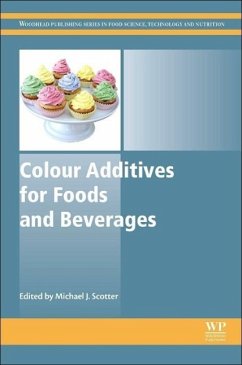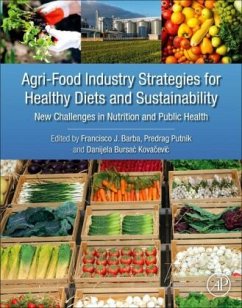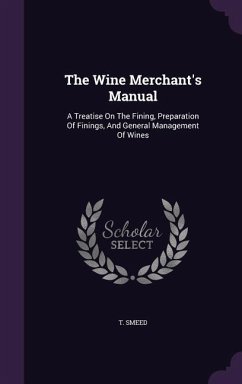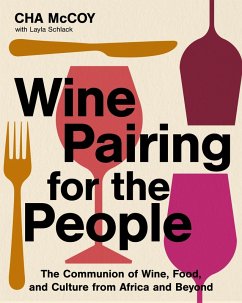
Advances in Food Traceability Techniques and Technologies
Improving Quality Throughout the Food Chain
Herausgegeben: Espiñeira, Montserrat; Santaclara, Francisco J

PAYBACK Punkte
96 °P sammeln!
Advances in Food Traceability Techniques and Technologies: Improving Quality Throughout the Food Chain covers in detail a topic of great importance to both the food industry which is obliged to provide clear and accurate labeling of their products and the government and other organizations which are tasked with verification of claims of food quality and safety.The traceability of food products is becoming ever more important as globalization continues to increase the complexity of food chains. Coverage in the book includes the wide range of technologies and techniques which have been utilized ...
Advances in Food Traceability Techniques and Technologies: Improving Quality Throughout the Food Chain covers in detail a topic of great importance to both the food industry which is obliged to provide clear and accurate labeling of their products and the government and other organizations which are tasked with verification of claims of food quality and safety.
The traceability of food products is becoming ever more important as globalization continues to increase the complexity of food chains. Coverage in the book includes the wide range of technologies and techniques which have been utilized in the tracing of food products. In addition, the ways in which the misuse of food traceability will affect the quality of food is also covered throughout.
The first part of the book introduces the concept of traceability in the food industry, highlighting advantages of a robust traceability and the difficulties involved in implementing them. The second part looks atthe technologies used to trace products, and the third section reviews the legal requirements for food traceability in the EU, the US, and the rest of the world.
The final section contains a number of case studies which evaluate how food traceability has been successfully implemented in various foods focusing on the quality of the food.
The traceability of food products is becoming ever more important as globalization continues to increase the complexity of food chains. Coverage in the book includes the wide range of technologies and techniques which have been utilized in the tracing of food products. In addition, the ways in which the misuse of food traceability will affect the quality of food is also covered throughout.
The first part of the book introduces the concept of traceability in the food industry, highlighting advantages of a robust traceability and the difficulties involved in implementing them. The second part looks atthe technologies used to trace products, and the third section reviews the legal requirements for food traceability in the EU, the US, and the rest of the world.
The final section contains a number of case studies which evaluate how food traceability has been successfully implemented in various foods focusing on the quality of the food.













